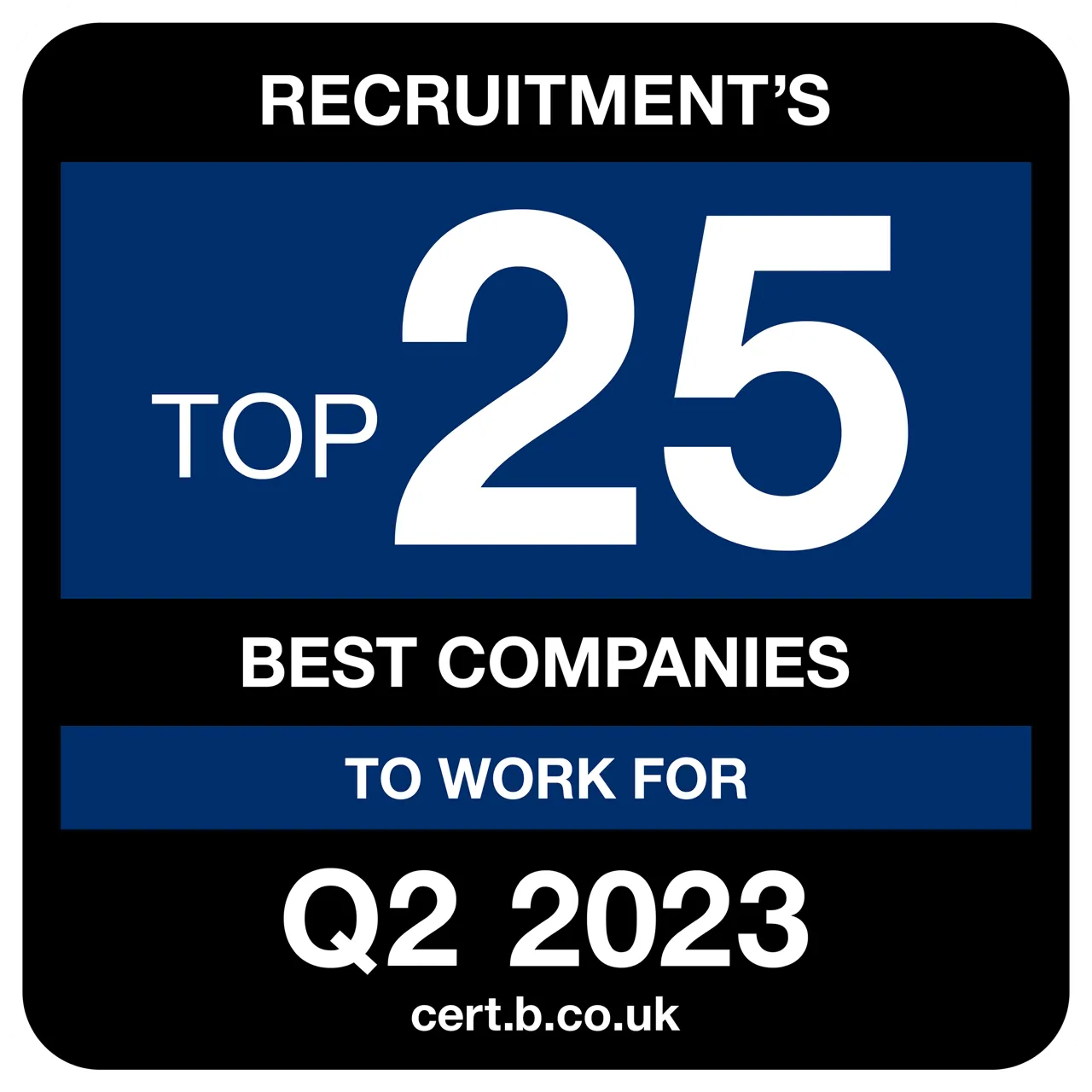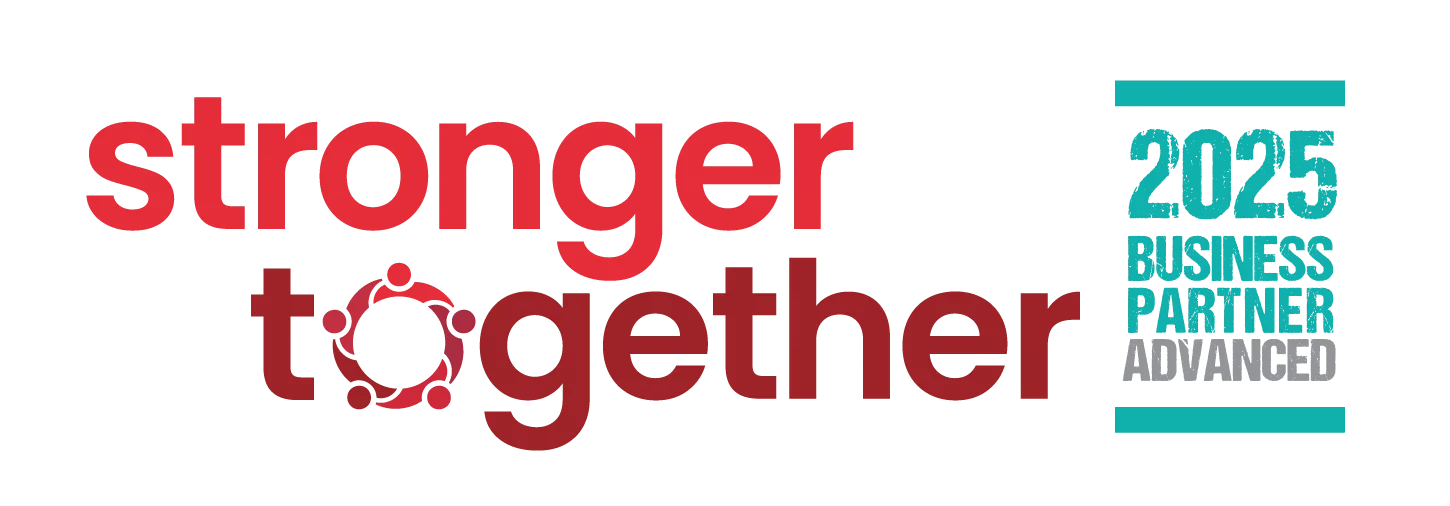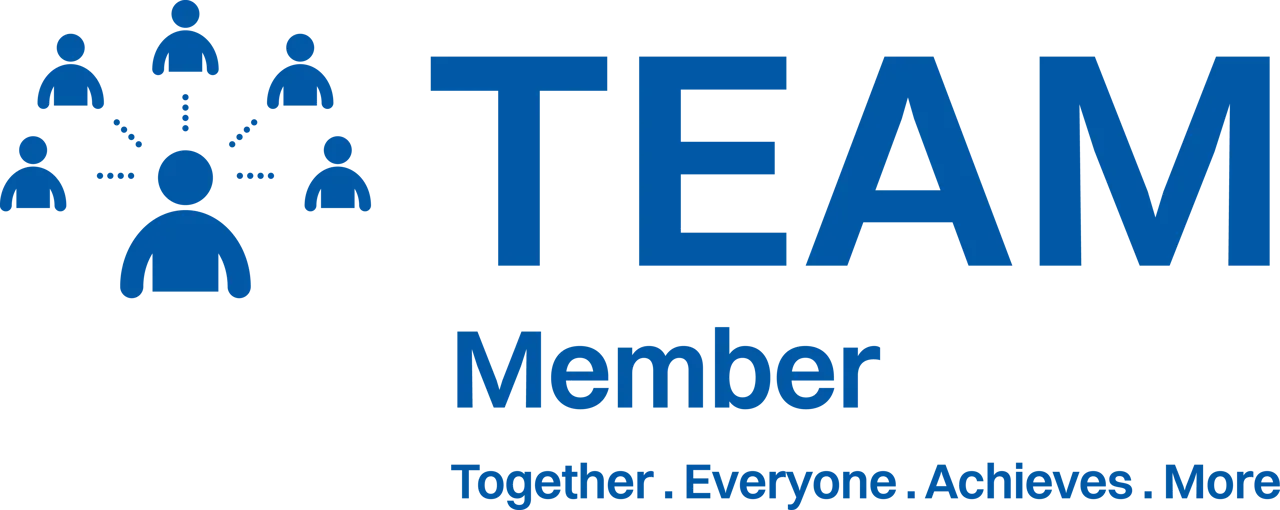‘Exhausted and overstretched’ | Staff burnout levels set to impact NHS
11 Jun, 20215 minutesDealing with Workforce BurnoutBack in May 2019, the World Health Organisation (WHO) confirme...

Dealing with Workforce Burnout
Back in May 2019, the World Health Organisation (WHO) confirmed that it would recognize the growing issue of corporate burnout as a medical condition.
Since this development, burnout has become more and more recognized among workforces, with employers working to tackle the issue that employees may be facing, particularly throughout the global pandemic where stress levels have rocketed.
A recent study from RSA’s Matthew Taylor and Vitality supports this, as it discovered that multiple lockdowns worsened employee physical health and mental health.
Now, a new report of NHS and care staff in England has found that they are so burnt out that it has become an “emergency” and risks the future of the health service.
Burnout before the pandemic
The House of Commons Health and Social Care Committee’s report, Workforce burnout and resilience in the NHS, stated: “The emergency that workforce burnout has become will not be solved without a total overhaul of the way the NHS does workforce planning.”
It added that workers are “exhausted” and “overstretched” due to staff shortages and that these issues existed before the pandemic struck. However, it noted that the crisis has exacerbated these pressures.
The report noted: “Against a context of workforce shortages, funding pressures and reconfiguration of services, concerns about the morale of the NHS and social care workforce are not new.”
It pointed out that even before the pandemic that one-third of doctors who responded to a survey published by the BMJ in January 2020 were described as burnt out.
“But following that, the Covid-19 pandemic had increased workforce pressures exponentially. 92% of trusts told NHS providers they had concerns about staff wellbeing, stress, and burnout following the pandemic,” it added.
Dr. David Wrigley from the British Medical Association continued: “Health and care staff suffered stress and work-related anxiety before the pandemic, but it is now far more serious and we believe the current level of staff burnout and stress presents a worrying risk to the future functioning of the health and care system and safe patient care,” as was reported by the BBC.
How HR can tackle burnout
With the issue of burnout continuing to impact NHS and care staff, it’s important for HR leaders to consider how it is also affecting the people function.
This comes after data from last month suggested that UK HR professionals could be suffering more than global counterparts with things such as work-life balance and the potential risk of burnout.
Culture Amp, who carried out the research, found that just over two-thirds (64%) of global people leaders said that they weren’t able to properly switch off from work and rest and recuperate in Q2 2020.
Nick Matthews, General Manager and Vice President EMEA, at Culture Amp, told HR Grapevine that more work could be done to support HR leaders when it comes to burnout, particularly as people teams are likely to be the last ones to experience “the hangover from the pandemic so their wellbeing needs to be prioritized in the long term”.
Employers should therefore think about how they can offer more support to HR leaders. This could be achieved by holding regular check-ins with staff and promoting an honest culture where HR leaders feel comfortable to discuss any issues they may be facing.
Matthews also supported this: “HR has a unique and increasingly strategic role within the organization. It’s important that support, such as regular check-ins, peer support, and coaching, is provided which reflects this.
“Employers should consider looking at how HR roles can be rescoped to alleviate the pressure and resource people teams appropriately” he added.
Contact Information:
If you have any inquiries or need support, please contact us at info@yourcompany.com or call us at +123 456 7890.















